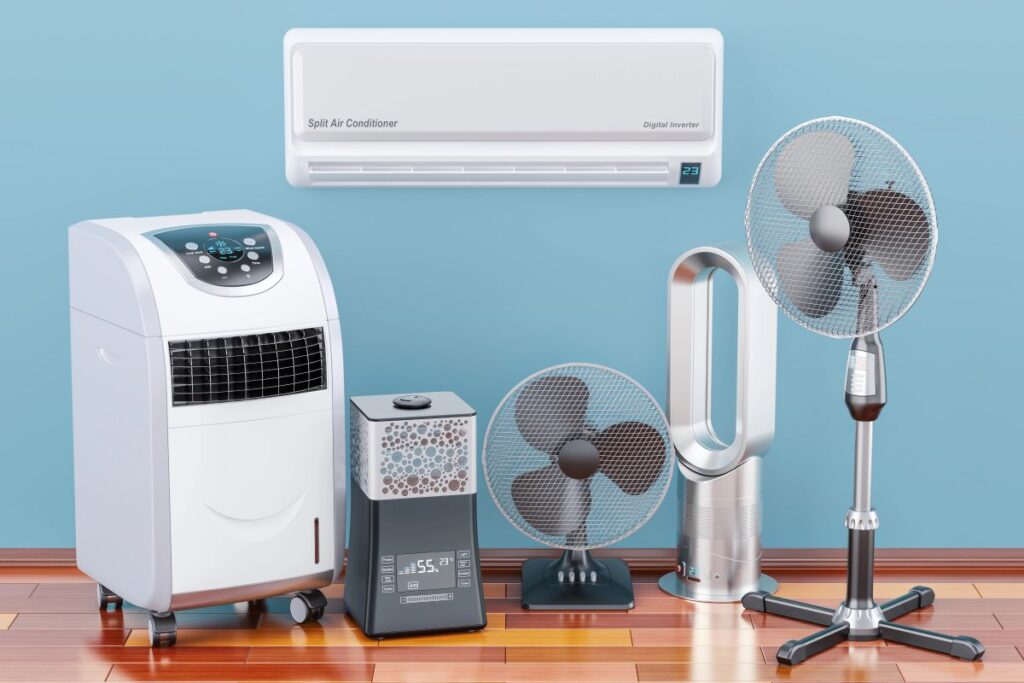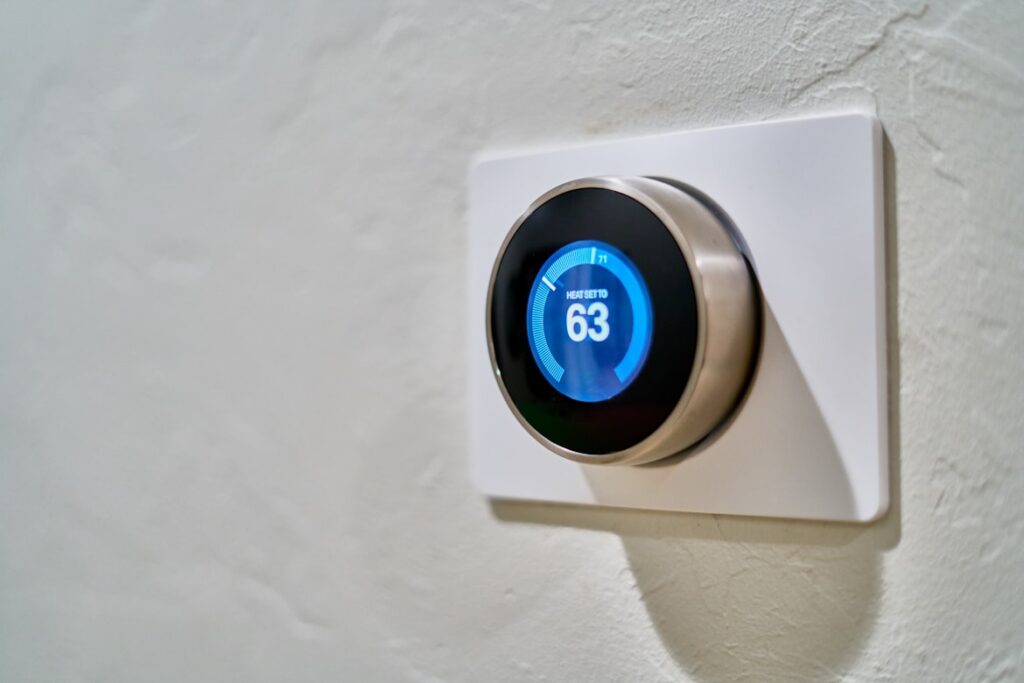When hot days arrive at cities like Lake Havasu City, homeowners can have the same question into their head: For hoy much is my AC going to make it?
When your family’s comfort is on the line, it’s a question that really matters.
So, let’s get right to it. On average, a modern central air conditioning system will give you a solid 10 to 15 years of service.
But that’s just an average. The real lifespan of your AC depends on a bunch of different things, from how well you take care of it to our desert climate.
This guide will walk you through what helps (and hurts) your AC’s longevity, the warning signs it’s about to give up, and how to make the smart call between fixing it and replacing it.
What Makes an AC Last (or Not)?
An air conditioner is a hardworking machine, and its expiration date isn’t set in stone. How you treat it and the world it lives in play a huge part in how many summers it’ll see.
Regular Maintenance (Or a Lack Of It)
This is the number one thing you can control. Think of professional maintenance like an oil change for your car—it’s essential.
During a tune-up, a technician cleans the gunk out of coils, checks refrigerant levels, and spots tiny issues before they turn into full-blown disasters.
It doesn’t just add years to the unit’s life; it keeps it running efficiently, saving you money.
The Quality of the Original Install
An air conditioner that was installed poorly was set up to fail. If the unit is the wrong size for your home or connected to leaky ducts, it has to work way harder than it should.
That constant strain puts a ton of stress on its most important parts, wearing them out way too soon.
Our Climate and How Much You Use It
Let’s face it, an AC in Arizona works a lot harder than one in a cooler state.
The intense heat means our systems are running almost non-stop for months. All that heavy lifting naturally means it might not last as long as the national average. It’s the star player that never gets a day off.
The Unit’s Size and Type
The kind of system you have matters. Central ACs, ductless mini-splits, and heat pumps all have slightly different lifespans.
But more importantly, size is key. An oversized unit will constantly turn on and off, while an undersized one will run forever trying to catch up.
Both scenarios cause a lot of unnecessary wear and tear.
5 Telltale Signs Your AC is Crying for Help
Besides its birthday, your AC will give you some pretty clear hints that it’s getting tired. Here are the top five things to look out for.
1. Your Energy Bills Keep Going Up
If you notice your power bills are creeping higher every summer but you haven’t changed your habits, your AC is probably the culprit.
As air conditioners get older, they lose efficiency. That means they need more and more electricity to do the same job they used to.
2. You’re Spending a Fortune on Repairs
Are you on a first-name basis with your repair technician? Here’s a good rule of thumb: the “50% Rule.”
If a repair is going to cost half as much as a brand-new system, it’s almost always smarter to put that money toward a replacement.
3. It’s Over 12 Years Old and Needs a Big Fix
Age is a big factor, especially when paired with a major problem like a failed compressor. This is doubly true if your older unit uses R-22 refrigerant.
R-22 has been phased out, making it incredibly expensive and hard to find. Think of it like trying to find parts for a vintage car—it’s a costly treasure hunt.
4. Your Home Just Isn’t Comfortable Anymore
Do you have hot spots in certain rooms? Does your house feel kind of sticky and humid even when the AC is blasting?
These are signs your system just can’t keep up anymore. An aging unit loses its power over time, leading to uneven cooling and poor humidity control.
5. It’s Making Weird Noises or Smells
Your AC should be a quiet, background hum. If it suddenly starts grinding, squealing, or rattling, it’s not learning a new song—it’s screaming for help.
Don’t ignore these sounds; they usually point to a serious mechanical problem.
The Big Question: Should You Repair or Replace Your AC?
Making the right choice can save you a lot of money and stress down the road. Here’s a simple cheat sheet to help you decide.
You Should Probably Repair It If:
- Your system is under 10 years old.
- It’s a minor fix that won’t break the bank.
- Your energy bills have been steady.
- You’ve kept up with regular maintenance.
It’s Probably Time to Replace It If:
- Your system is over 12-15 years old.
- The repair is a big-ticket item, like a new compressor.
- It uses the old, expensive R-22 refrigerant.
- Your energy bills are climbing and your home still feels warm.
Knowing when your air conditioner is on its way out is key to keeping your home comfortable and your wallet happy.
An old, inefficient system isn’t just a breakdown waiting to happen on the hottest day of the year—it’s costing you extra money every single month.
A new, high-efficiency unit is an investment in your peace of mind and long-term savings.
At The Weatherman AC, we’re your local pros dedicated to keeping your Lake Havasu City home cool and comfortable.
Whether you need a tune-up to squeeze a few more years out of your current AC or you’re ready for an upgrade, our team is here to give you straight-up, honest advice.
Don’t wait for a total meltdown. Contact The Weatherman AC today for a free, no-pressure estimate.


